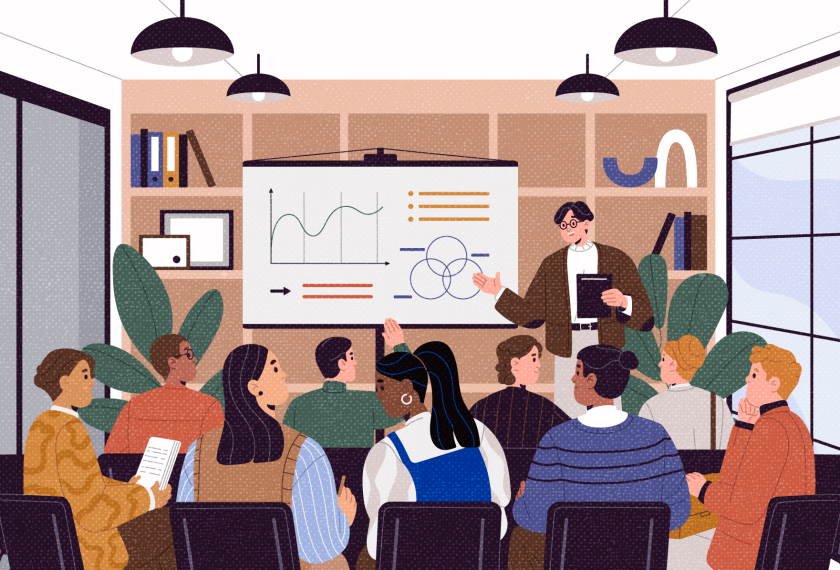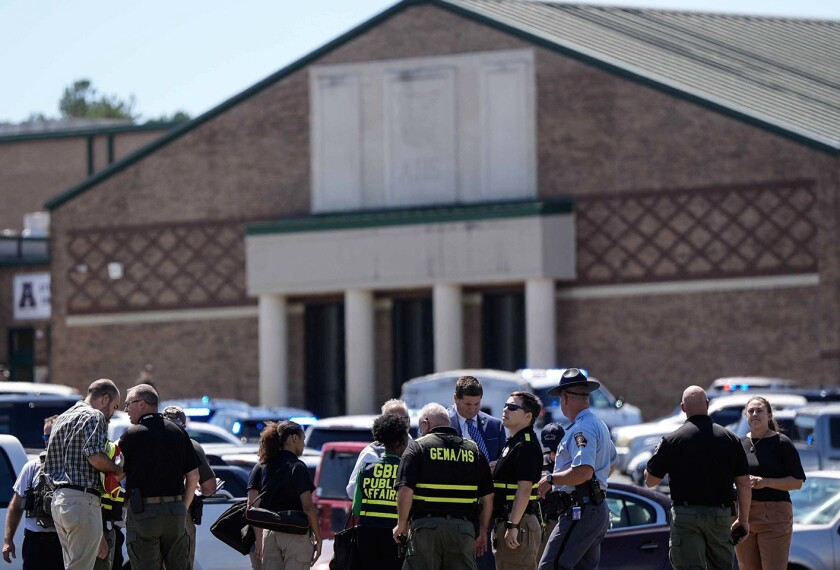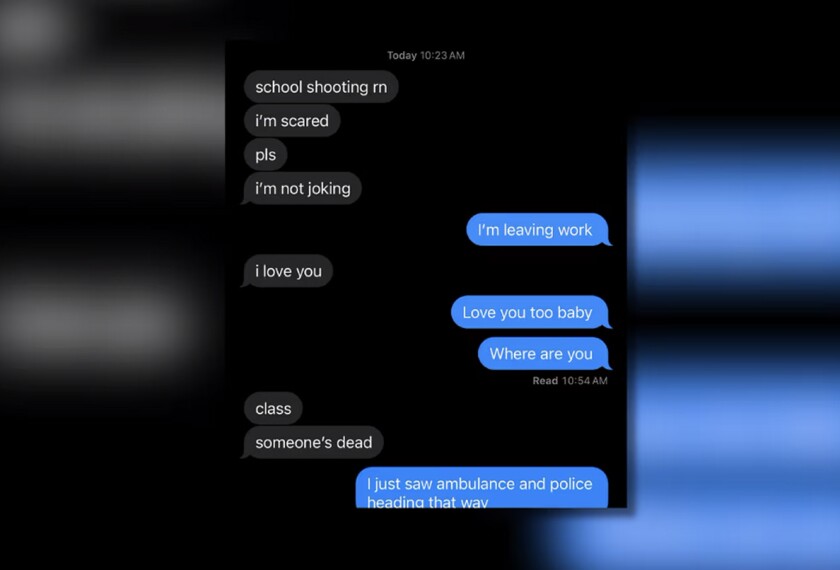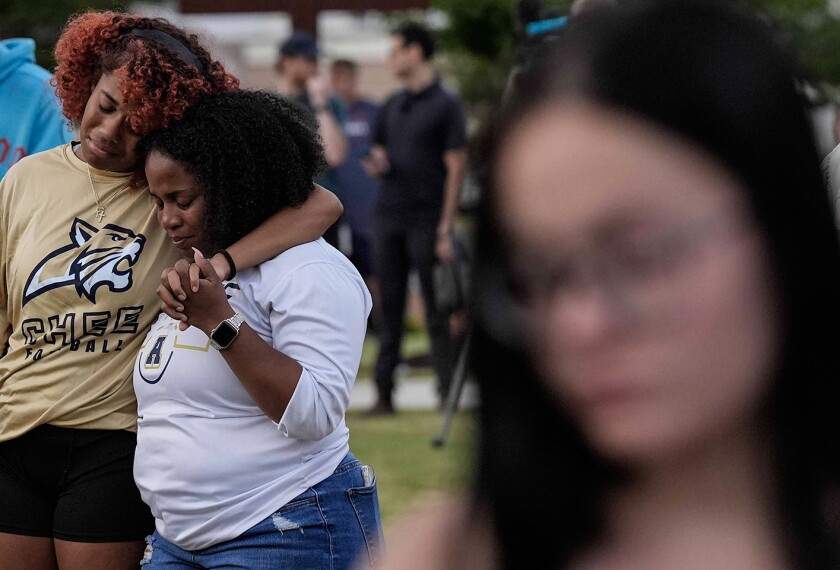Millions are not paying their student loans in hopes that the Education Department will end up forgiving their debt, according to a new Credit Karma report.
The Qualtrics/Intuit Credit Karma report found 20 percent of borrowers hadn't made any payments on their loans. The percentage was even higher, at 27 percent, for borrowers who made less than $50,000 a year. And more than one-third, 36 percent, said they aren't making consistent payments in hopes the debt will be fully forgiven.
President Joe Biden's administration has forgiven debt for millions of Americans through different programs. Public service workers got their loans cleared through the Public Service Loan Forgiveness program, and millions of others saw their debt erased with income-driven repayment plans like SAVE.
While about 43 million Americans have federal student loan debt, Biden's Education Department has forgiven roughly $25 billion in student loans for 1.3 million borrowers.
While Republican states have filed a lawsuit blocking the SAVE plan until a federal appeals court ruling decides the matter, many Americans are still holding out hope that their loans could be fully forgiven.
"From day one of my administration, I promised to fight to ensure higher education is a ticket to the middle class, not a barrier to opportunity," Biden previously said in a statement. "I will never stop working to cancel student debt—no matter how many times Republican-elected officials try to stop us."
Missouri Attorney General Andrew Bailey, along with leaders from Georgia, Alabama, Arkansas, Florida, North Dakota and Ohio, said the Education Department "unlawfully tried to mass cancel hundreds of billions of dollars in loans."
"The Biden-Harris Administration is dedicated to saddling working Americans with Ivy League debt, even if they have to break the law to do it. Our latest lawsuit challenges their third and weakest attempt to mass-cancel student loans in the dark of night without letting Congress—or the public—know about it. That's illegal," Bailey previously said in a statement.
Even with SAVE in place, many of the remaining borrowers have been left out of current loan forgiveness options, as 40 percent of borrowers said they make too much to qualify for SAVE but not enough to afford their payments.
"Many borrowers are hoping that the loan will be forgiven, and others are using the loophole that delinquent balances will not be submitted to the credit rating agencies," Kevin Thompson, a finance expert and founder and CEO of 9i Capital Group, told Newsweek.
Higher costs of living have made it increasingly challenging for borrowers to keep up with their loan payments, and 38 percent of surveyed borrowers said they depleted their savings. This was especially high among Gen Z and millennials, at 44 percent and 41 percent, respectively.
And for many of the borrowers still waiting, for-profit schools took their money to be a part of a non-creditable program, Thompson said.
"The reality is that some individuals were coaxed into enrolling at for-profit entities that were not reputable, many of which are now bankrupt," Thompson said. "These schools, known for taking advantage of the system and using government funds to enrich themselves, are the true culprits in this scheme. These schools exploited federal and private loan programs, leaving many students with debts they could not repay and degrees that were often worthless."
Alex Beene, a financial literacy instructor for the University of Tennessee at Martin, said missing payments can have devastating impacts on borrowers' financial futures, however.
"Missing a payment or multiple payments could destroy your credit score, making it more difficult to apply for other financial products and services," Beene told Newsweek.
"More importantly, there's a lack of understanding on how most of the current forgiveness plans work. Most require you to have made and never missed monthly payments for extended periods of time, from 10 to 20 years in length. Even if further student loan forgiveness arrives, the odds are high it will have similar requirements, and if you're failing to make payments currently, you won't qualify regardless."
Disclaimer: The copyright of this article belongs to the original author. Reposting this article is solely for the purpose of information dissemination and does not constitute any investment advice. If there is any infringement, please contact us immediately. We will make corrections or deletions as necessary. Thank you.





